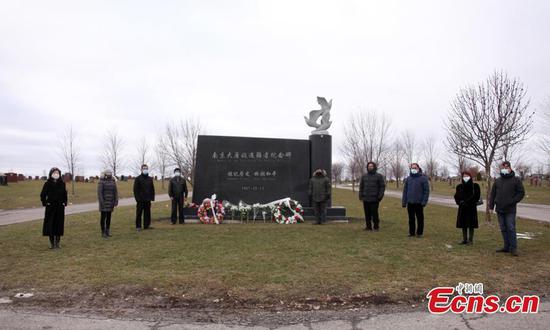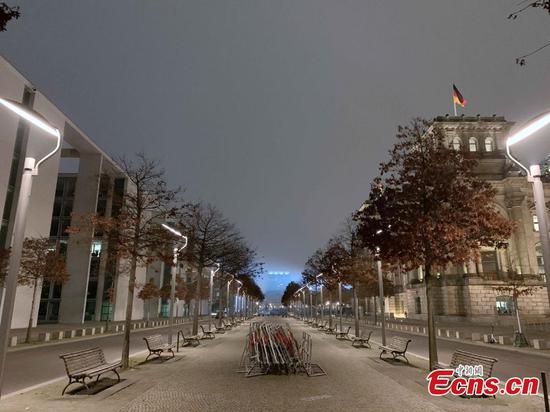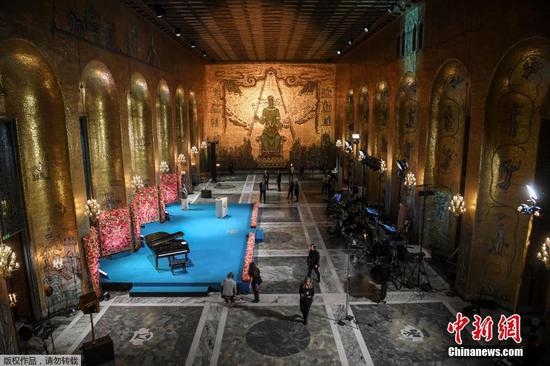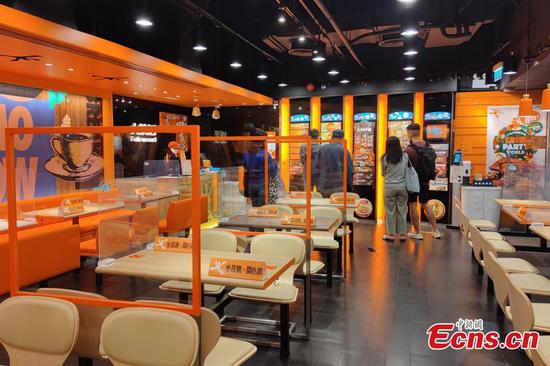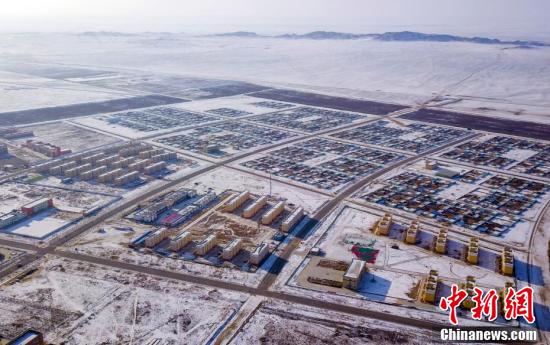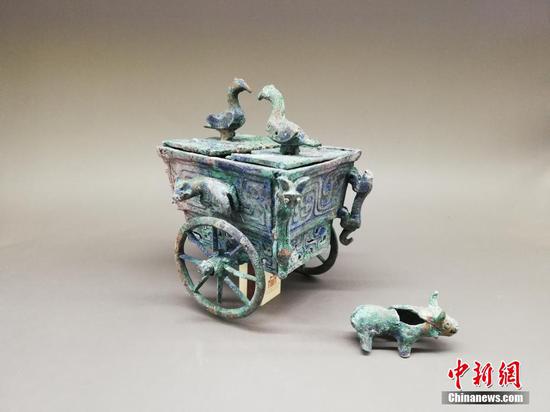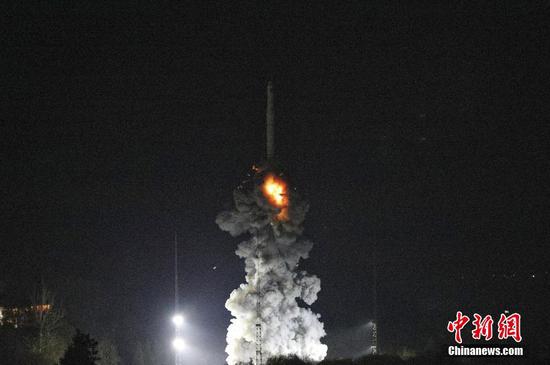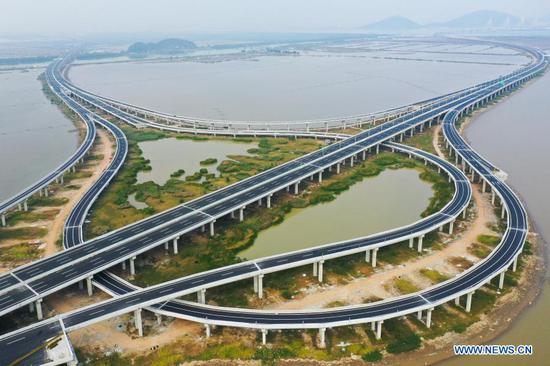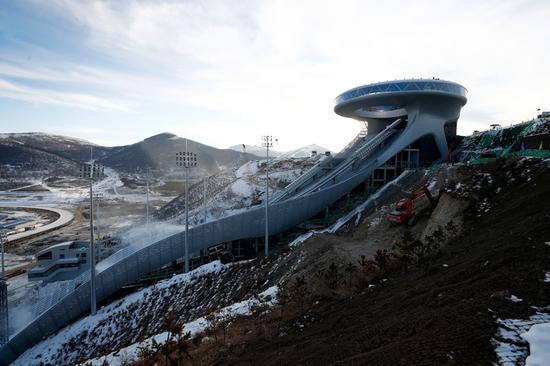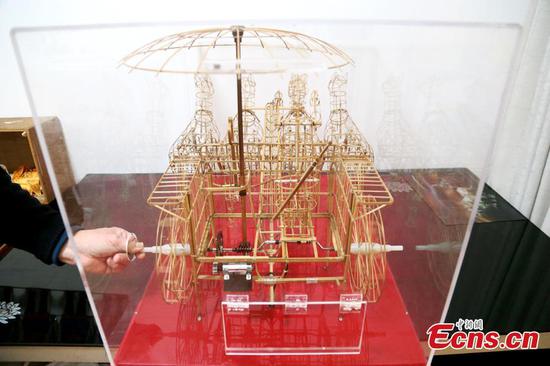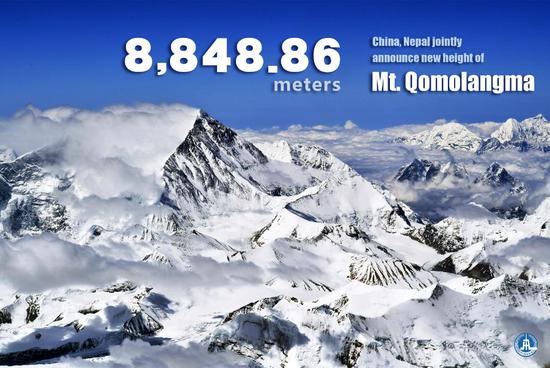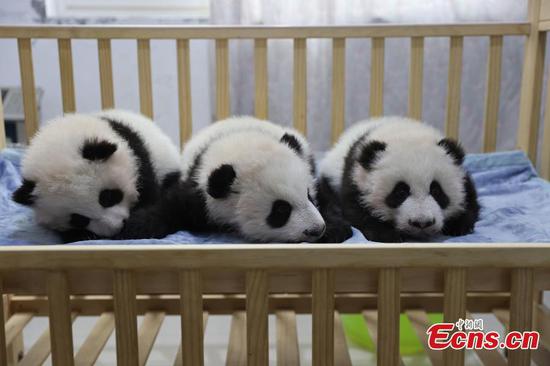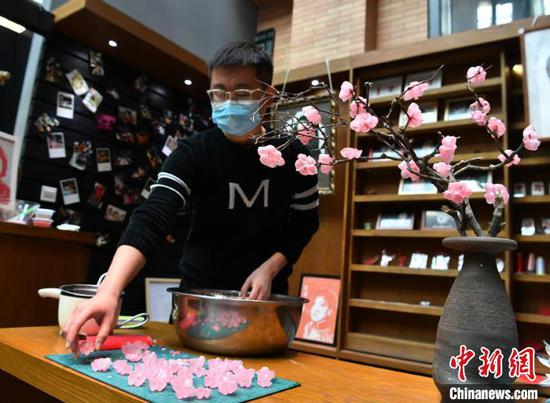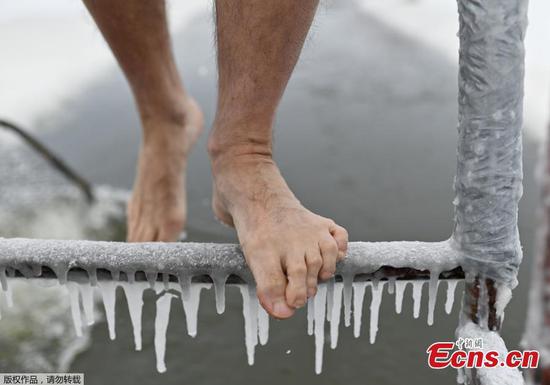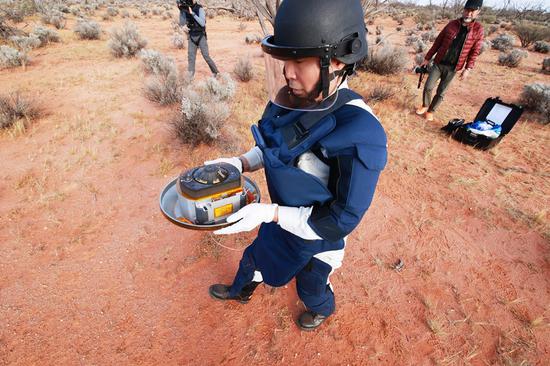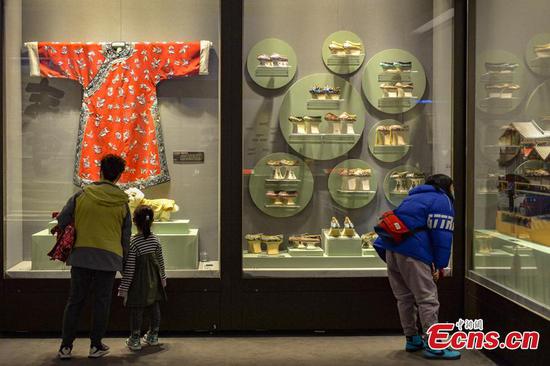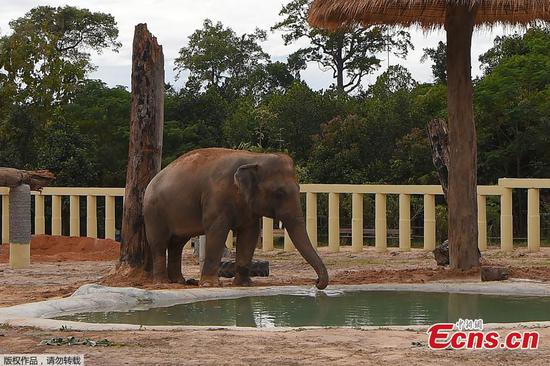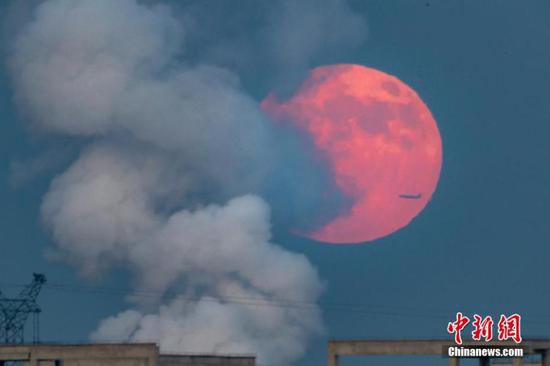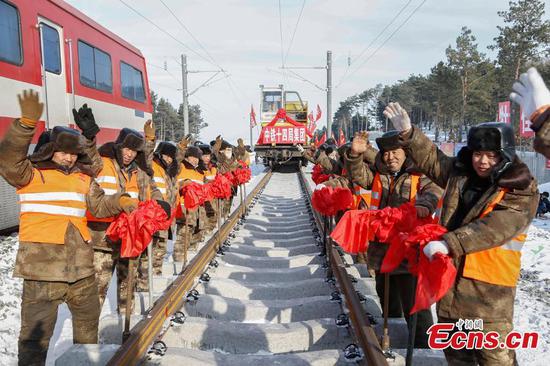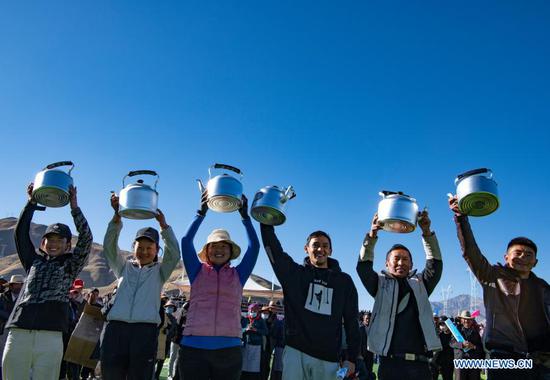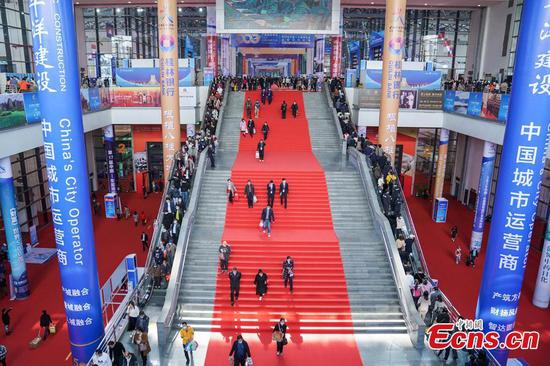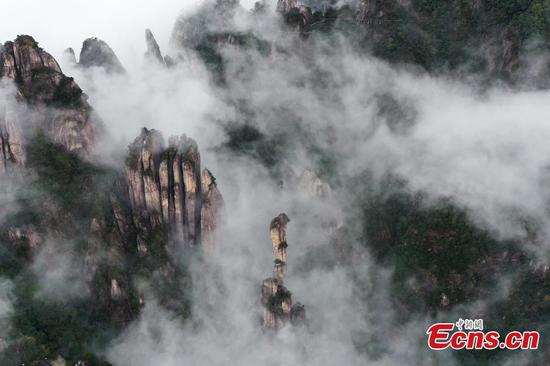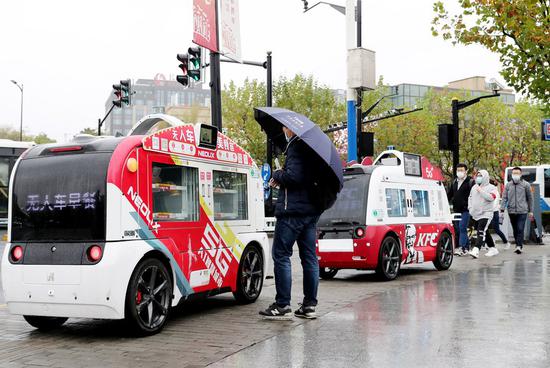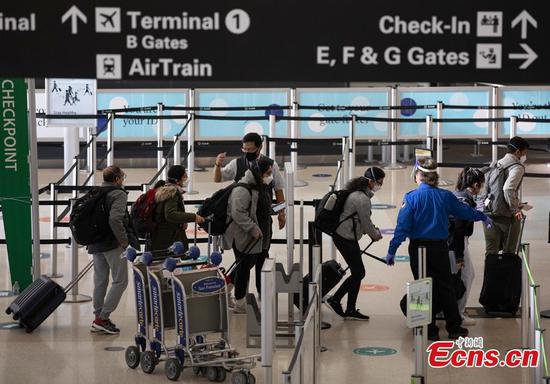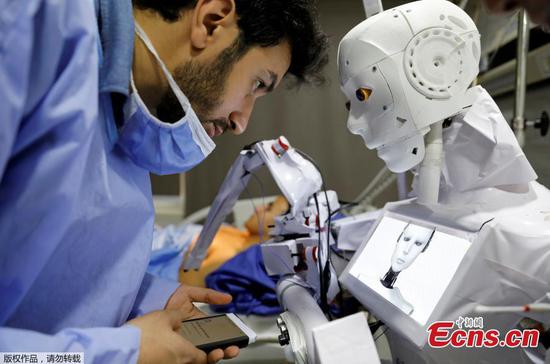Businesses in the country step up push to get their workers higher up the list
Ahead of shipments of Pfizer's coronavirus vaccine arriving at US hospitals from Monday, calls have been made for diverse workers-from Uber drivers and bank tellers to pharmacists and makers of household goods like toilet paper-to be considered essential service providers entitled to early doses.
"Everybody believes that their own workers should be first in line" for vaccine doses, said Jeff Levin-Scherz, co-leader of Willis Towers Watson's health management practice.
An expert panel advising the Centers for Disease Control and Prevention last week overwhelmingly recommended that the first doses go to the nation's 21 million healthcare workers and 3 million residents of long-term care facilities. They fall into what has been called Phase 1a of distribution of the vaccine, which Pfizer developed with BioNTech.
The second deployment of the vaccine, Phase 1b, will include essential workers needed to maintain basic services.
Phase 1c includes adults with high-risk medical conditions and people aged over 65.
Despite the CDC guidance, state governors have the final say, so the priority line could vary widely by state.
Some states are shifting the responsibility to determine who should be first in line to the healthcare industry, arguing that hospitals are better equipped to make the determination.
"They know who is most at risk," said Kentucky Governor Andy Beshear, a Democrat, in a news conference on Thursday.
Kansas Governor Laura Kelly said in a conference on Friday that Kansas considers meatpacking plant workers and grocery store employees to be essential workers, putting them behind medical workers.
Lori Tremmel Freeman, CEO of the National Association of County Health Officials, told the Los Angeles Times on Thursday that local public health officials may base priority not on occupation but rather on other risk factors, such as whether people have underlying health conditions, and are incarcerated or homeless.
It is for the 1b category for essential workers where the lobbying has been the most intense, according to state and federal authorities, as companies and professional organizations seek to get in the category or move up in the line-or both.
Broad guidance
Each state has its own guidelines for who is considered essential, but the CDC provides broad guidance.
According to the CDC, around 87 million workers across the US qualify as non-healthcare but essential workers, including those from the food and agriculture industry, education, transportation, police, firefighters, energy and manufacturing.
"You could be essential in New York but not in Texas, so all of this contributes to the chaos and confusion that employers are having to deal with," Nadina Rosier, a general manager at the Health Transformation Alliance told The Wall Street Journal on Friday.
The airline industry is asking for early vaccine access, as are associations representing the funeral industry, trash collection companies, broadcasters, bus drivers, teachers and grocery store clerks.
"Priority for us is getting our employees into that 1b group," said Bryan Zumwalt, executive vice president of public affairs for the Consumer Brands Association, which represents companies that make thousands of household products, from toilet paper to soda.
Of the membership's 2.3 million employees, 1.7 million are considered essential, he said.
Even within the healthcare worker category, pharmacists are arguing for priority.
While the CDC's advisory committee included pharmacists in the Phase 1a health worker category, each state interprets the recommendations differently based on its vaccine supply, said Mitchel Rothholz, chief of governance and state affiliates for the American Pharmacists Association, which is urging states to keep its members atop the list.
Uber Technologies on Thursday wrote to US governors asking for early access to the vaccine for its drivers. In a letter, Uber CEO Dara Khosrowshahi wrote: "I encourage you to recognize the essential nature of their work."
The group representing consumer products makers including Procter& Gamble and Coca-Cola has written to state and federal officials, urging that their nearly 1.2 million workers be prioritized for the vaccine.
Last week, MarketWatch reported that the American Bankers Association asked that bank tellers, given their close contact with the public, also be given priority.
Agencies contributed to this story.









